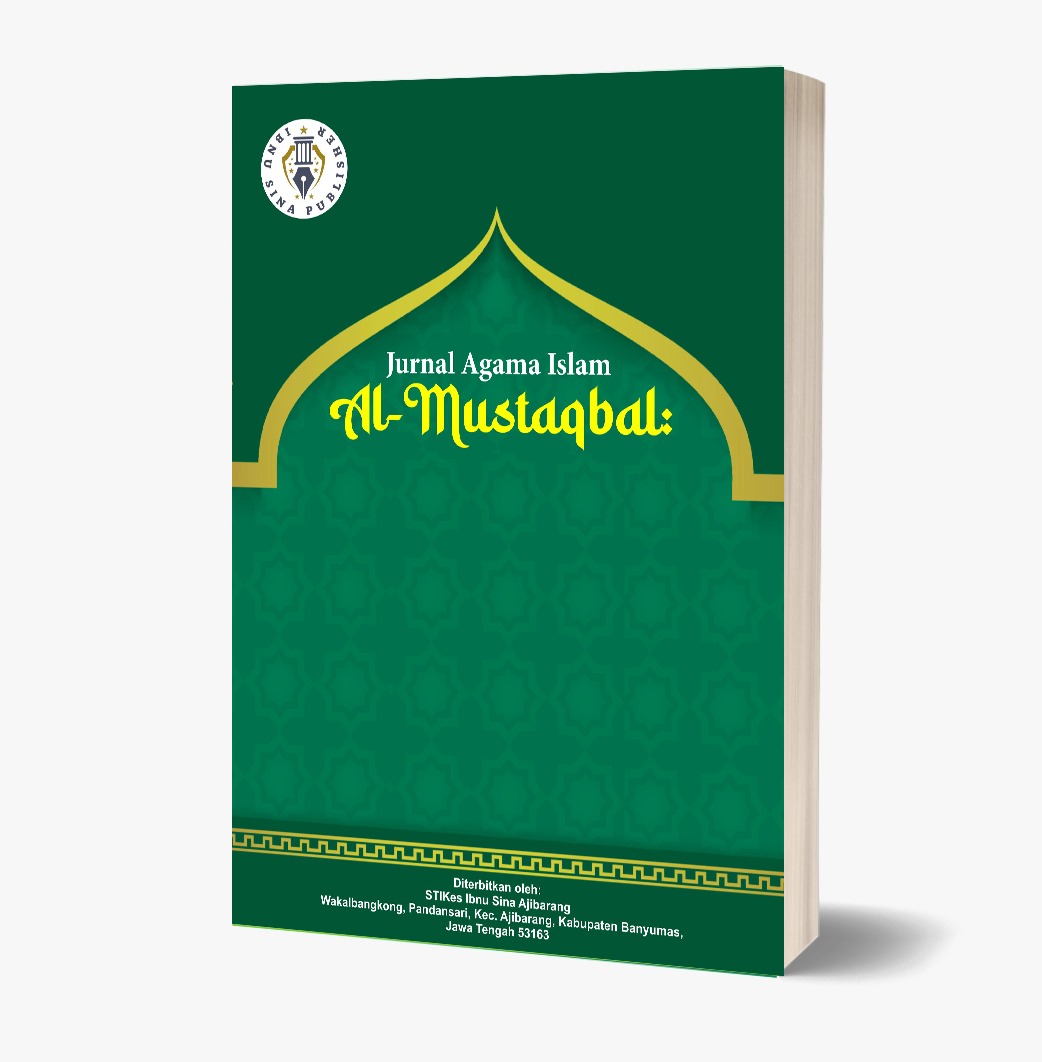Filsafat Islam Buya Syafii Maarif
DOI:
https://doi.org/10.59841/al-mustaqbal.v2i1.53Keywords:
Ahmad Syafii Maarif, Islamic education, religiousAbstract
Indonesian Islamic intellectualism is increasingly alive and well-known throughout the world. This phenomenon occurs because, on the one hand, Indonesia has the largest Muslim population in the world, and on the other hand, there is a process of developing Islamic intellectualism that is ongoing, alive, and inclusive. The 1980s saw Indonesian Islam give birth to a new generation of "new intellectuals" whose ideas and identities significantly contributed to the development of Indonesian social values, namely: Islam, nationality, humanity, and modernity. One of the new intellectuals who is often criticized is Ahmad Syafii Maarif. He is known as a cleric who is active in social activities that support the struggle for nationality and humanity. So far, the public has considered Buya Syafii as a cleric and Muslim who has extraordinary intellectual energy to develop inclusive Islam. In addition, there is one aspect of Buya Syafii's research that is largely based on public opinion, namely the analysis of Islamic education based on realistic, unbiased, and poor Islamic education. Buya Syafii's goal is to find a way to preserve Islamic education from the "trap" period, namely by re-examining the Qur'an. Hypothetically, the Islamic education taught is based on a critical-religious framework.
References
Abdullah, M. A. (2020). Dinamika Islam Kultural. IRCiSoD.
Cuaca, A. M. (2023). Buya Syafii: Suluh Bangsa, Sang Pluralis Indonesia. Maarif, 18(1).
Maarif, A. S., Ali-Fauzi, I., & Panggabean, S. R. (2010). Politik identitas dan masa depan pluralisme kita (p. 4). Pusat Studi Agama dan Demokrasi (PUSAD), Yayasan Wakaf Paramadina.
Marlena, L. (2022). Hubungan Islam dan negara dalam pandangan Ahmad Syafii Maarif. MANTHIQ: Jurnal Filsafat Agama dan Pemikiran Islam, 6(1), 52–66.
Rakhmat, J. (2021). Islam Alternatif. Mizan Publishing.
Rohmah, S. (2021). Buku Ajar Akhlak Tasawuf. Penerbit Nem.
Setiawan, F. (2021). Muhammadiyah mencerdaskan anak bangsa. UAD Press.
Siswadi, G. A., Candrawan, I. B. G., & Puspadewi, I. D. A. (2024). Membangun nilai-nilai moderasi beragama di tengah masyarakat plural: Sebuah pendekatan filsafat agama. Widya Aksara: Jurnal Agama Hindu, 29(2), 1–13.
Sujono, I. (2023). Konsep pendidikan Islam ideal menurut Ahmad Syafii Maarif (Doctoral dissertation, IAIN Metro).
Wibisono, M. Y., Zakaria, T., & Viktorahadi, R. B. (2022). Persepsi dan praktik toleransi beragama di kalangan mahasiswa Muslim dan non-Muslim. Prodi S2 Studi Agama-Agama UIN Sunan Gunung Djati Bandung.

















